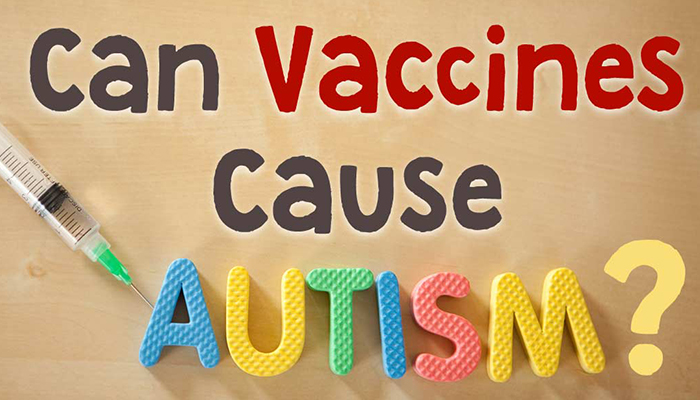MMR and Autism – How did the suggestion of a link get started?
It should come as no surprise to anyone that the overwhelming majority of our patients follow the expert recommendations for vaccine schedules. But, whether you are a parent who confidently follows your doctor’s advice about immunizations for your child, one who has chosen to refuse all immunizations, or one who is somewhere in between, it is very likely that you have heard the claim that the MMR (measles, mumps, rubella) vaccine might be a cause of autism. Most likely, you have also heard your physician at South Lake tell you that there is no link between MMR and autism. But, do you know where the idea of a link came from? The story may surprise you.
Andrew Wakefield was a physician in England, who, in 1998, with 12 other authors, published an article in The Lancet, a prestigious medical journal in England. The article was about 12 children with autism, and claimed to have identified a new syndrome named autistic enterocolitis. The article also raised the possibility of a link between a new form of bowel disease, autism and the MMR vaccine. Although the paper said that no causal connection had been proven, before it was published, Wakefield made statements at a press conference and in a video news release issued by the hospital, calling for suspension of the triple MMR vaccine until more research could be done. It was this press conference, not the research paper, which fueled the MMR vaccination scare. In November, 2000, Dr. Wakefield was interviewed by 60 Minutes, and brought his claims and the fear of the MMR vaccine to the US. Without any further proof, these interviews led to a decline in vaccination rates in the US and Great Britain, leading to a rise in cases of measles and mumps, resulting in serious illness and death. Dr. Wakefield’s claims about MMR led to a climate of distrust of other vaccines, lower vaccination rates, and the reemergence of previously controlled diseases.
So what happened next? A reporter named Brian Deer discovered that some of the 12 children in the Lancet article had been recruited by a UK lawyer preparing a lawsuit against MMR manufacturers, and that both the hospital and Dr. Wakefield had been paid large sums of money by the lawyers for the MMR lawsuit. This was considered to be a serious conflict of interest. At the same time, the Lancet’s editor concluded that the research presented in the article was “fatally flawed”. Ten of the twelve authors published a retraction of the interpretation of their results and stated that no causal link was established between the MMR vaccine and autism. Further investigations found many inaccuracies and falsified data in the Wakefield article. Further research with 100 autistic children found no link between the measles virus or MMR vaccine and autism. Additionally, Dr. Wakefield already had a patent waiting in the wings for his own measles vaccine and treatment, ostensibly benefiting from not only the increase in measles cases but changing over to his vaccine.
What happened to Dr. Wakefield? In January, 2010, the UK General Medical Council ruled that he had failed in his duties as a responsible consultant, acted against the interests of his patients, and acted dishonestly and irresponsibly in his research. He was struck off the United Kingdom medical register, ending his career as a physician. In February, 2010, The Lancet formally retracted the 1998 paper.
What is Mr. Wakefield doing now? He lives in Austin, Texas, still defends his research, and still speaks to parent groups claiming that the MMR vaccine causes autism. In Minnesota, he has spoken to the Somali community, and convinced many to avoid the MMR vaccine. The outbreak of measles in Minnesota last year was mostly in the Somali community.
Measles is a serious disease, which can result in serious complications and even death. Mumps can lead to sterility. Rubella in a pregnant woman can cause serious birth defects in the fetus. All three of these illnesses can be prevented by two doses of MMR, one at 1 year and one at 4 or 5 years. Serious side effects from the MMR vaccine are extremely rare. It does not cause autism! Sadly, the unethical behavior of one physician 20 years ago has fueled misconceptions about this very valuable vaccine.



